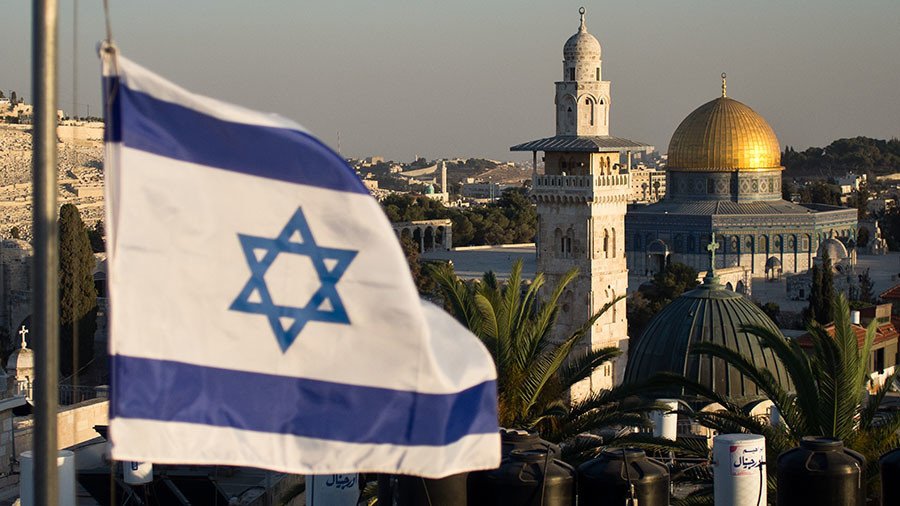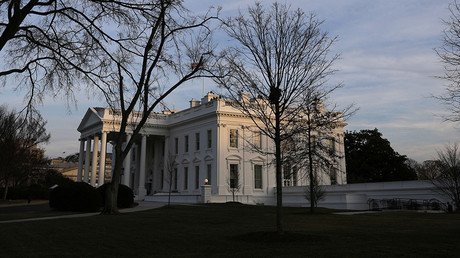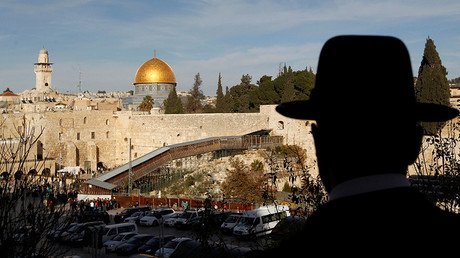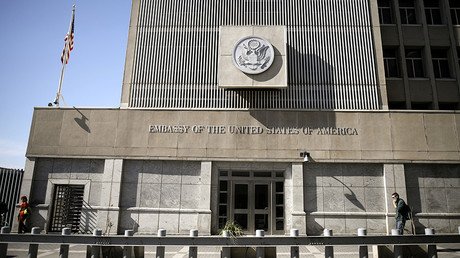US recognition of Jerusalem as Israeli capital would be 'major catastrophe' - Turkey

US recognition of Jerusalem as the capital of Israel would be a "major catastrophe" which would lead to new conflicts, Turkey has warned. It follows reports that President Donald Trump is preparing to formally acknowledge the city as the Jewish state's capital.
"If the [current] status of Jerusalem is changed and another step is taken... that would be a major catastrophe," Deputy Prime Minister Bekir Bozdag said during a televised press conference on Monday, as quoted by AFP. "It would completely destroy the fragile peace process in the region, and lead to new conflicts, new disputes and new unrest."
Bozdag, who is also the Turkish government's spokesperson, also told Reuters on Monday that Jerusalem's current status was determined by international agreements and must be preserved. "The status of Jerusalem and Temple Mount have been determined by international agreements. It is important to preserve Jerusalem's status for the sake of protecting peace in the region," he said.
The deputy prime minster's statements come after AP and Reuters reported Friday that Trump was preparing to recognize Jerusalem as the capital of Israel this week, citing unnamed sources within the US administration.
Responding to those reports, Turkish President Recep Tayyip Erdogan held a phone call with Palestinian President Mahmoud Abbas on Saturday, Erdogan's office said, according to Reuters. Erdogan reportedly told Abbas during the conversation that preserving Jerusalem's current status was important for all Muslim countries, adding that international laws and United Nations decisions should be followed.
Friday’s reports prompted a wave of reactions across the Arab world, with the Palestinian Authority and the Arab League warning the US against the move, saying it would increase instability and put an end to the peace process. Hamas already threatened more violence in Jerusalem if Washington recognized the city as the capital of Israel.
READ MORE: Trump to recognize Jerusalem as Israel’s capital next week – reports
Jordan also began moving to convene an emergency meeting of the Arab League and the Organisation of Islamic Cooperation (OIC) if Washington went ahead with the move. The Palestinian Authority's foreign minister, Riyad al-Maliki also asked the heads of the Arab League and the OIC to host emergency meetings.
Meanwhile, Trump's senior adviser and son-in-law Jared Kushner said Sunday that the US president had not yet decided whether he would recognize Jerusalem as the capital of Israel. "He's still looking at a lot of different facts, and then when he makes his decision, he'll be the one to want to tell you, not me," he said at an annual conference on US policy in the Middle East in Washington, which is organized by the Brookings Institution, a think tank.
Kushner has been holding meetings with regional leaders for months, ahead of an expected peace initiative, although details of that initiative are unknown. It remains unclear whether Trump would follow in the footsteps of his predecessors when it comes to supporting the idea of an independent Palestinian state.
Despite reports that Trump could move to acknowledge Jerusalem as the capital of the Jewish state, he is expected to once again delay his campaign promise to move the US embassy from Jerusalem to Tel Aviv. Israel has been actively urging the US to relocate its diplomatic mission, with Prime Minister Benjamin Netanyahu saying in May that such a move would contribute to the Israeli-Palestinian peace process by "shattering the Palestinian fantasy that Jerusalem is not the capital of Israel." The Palestinians have been adamantly opposed to that notion from the beginning, with Palestine's UN envoy stating in November 2016 that Palestinians would make life "miserable" for the US if it transferred its embassy to Jerusalem.
Israel captured Arab East Jerusalem during the 1967 Middle East war. It later annexed it, declaring the entire city its capital - a move that is not recognized internationally, particularly as the Palestinians want the city as the capital of a future state. The international community views Tel Aviv as the capital of Israel, and all foreign diplomatic missions are located there.















